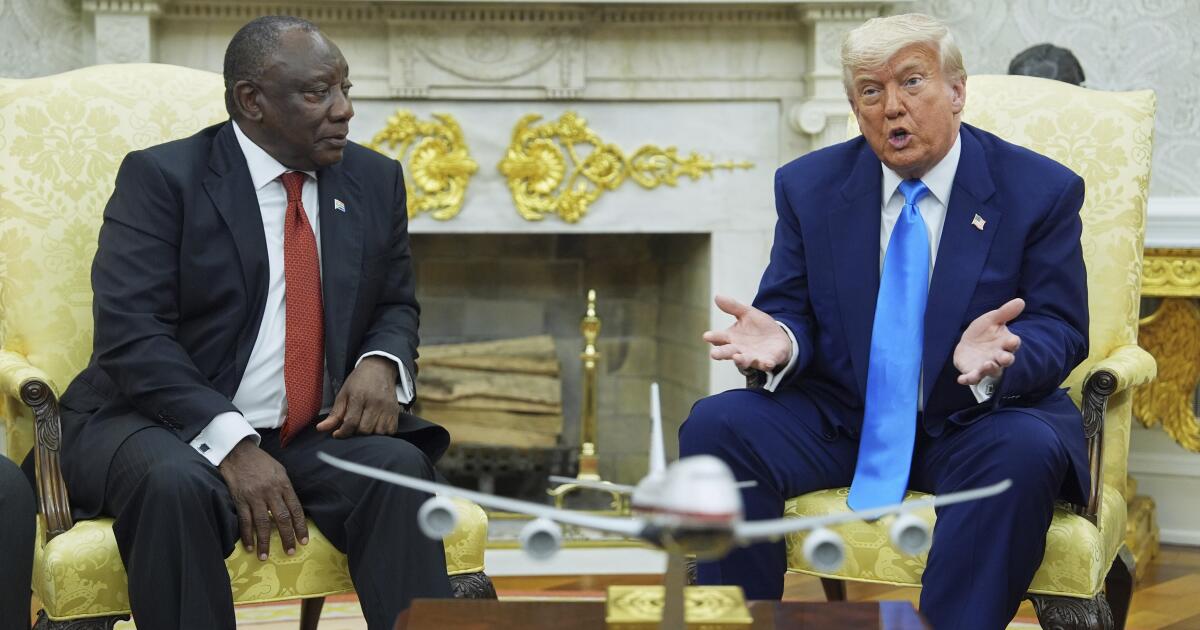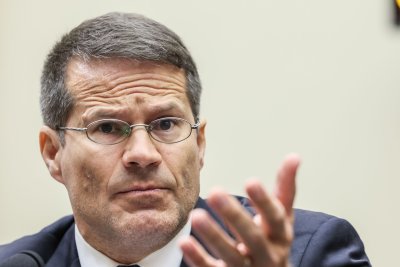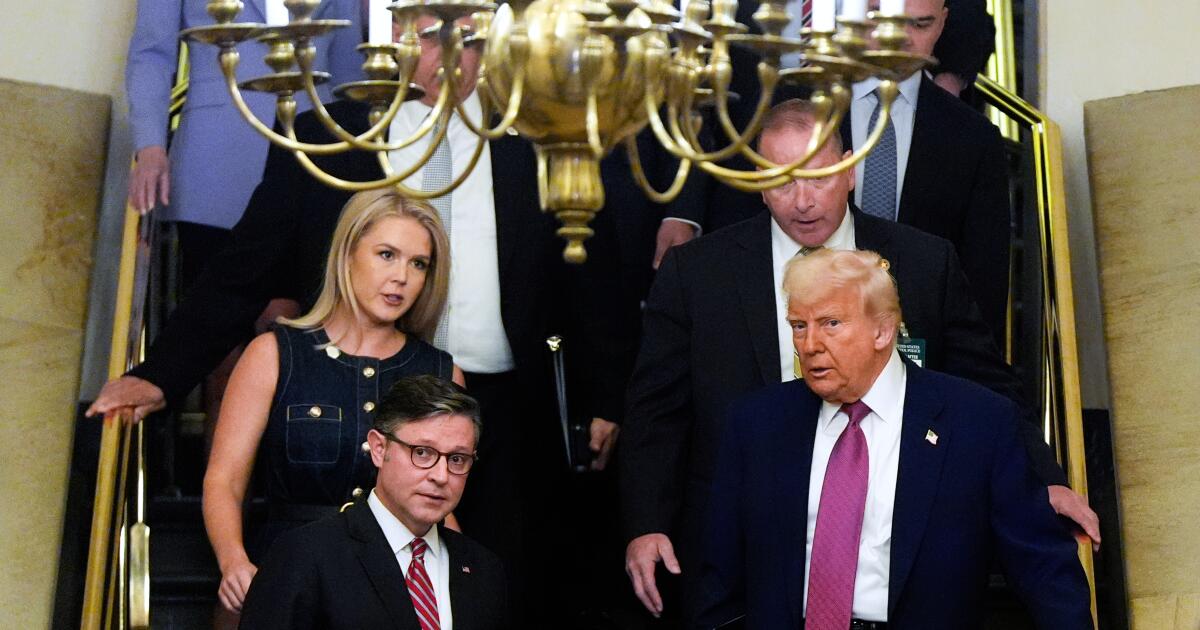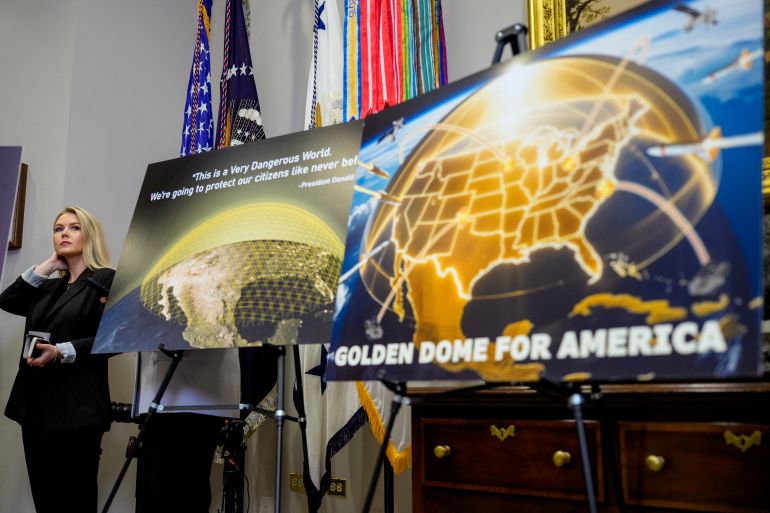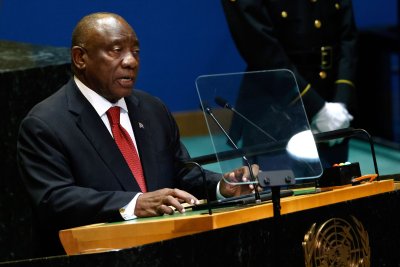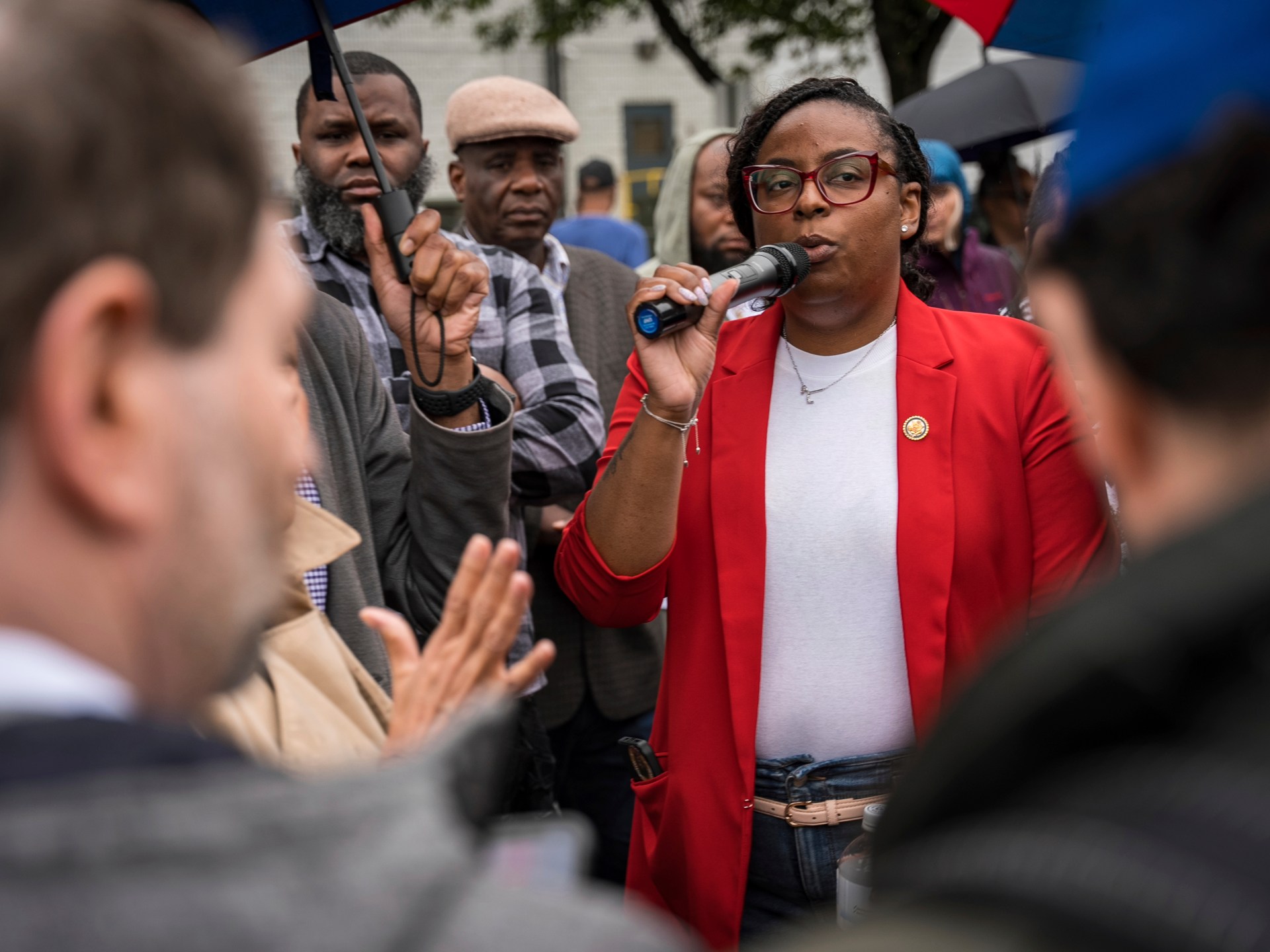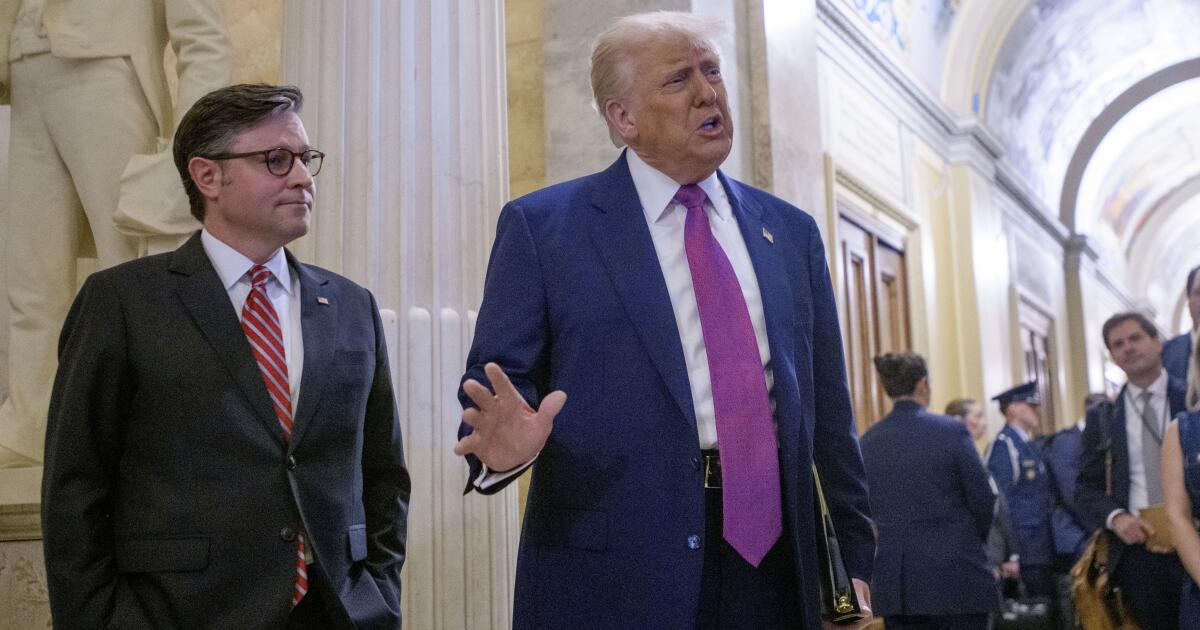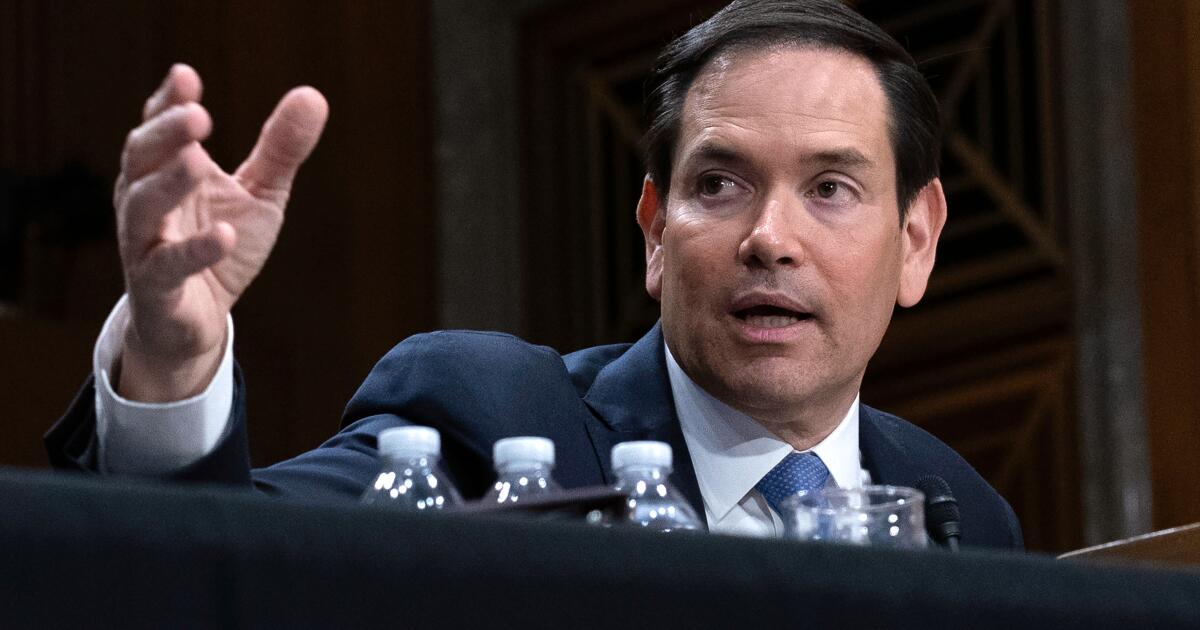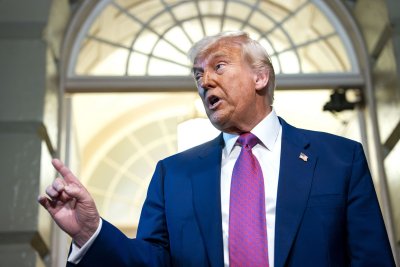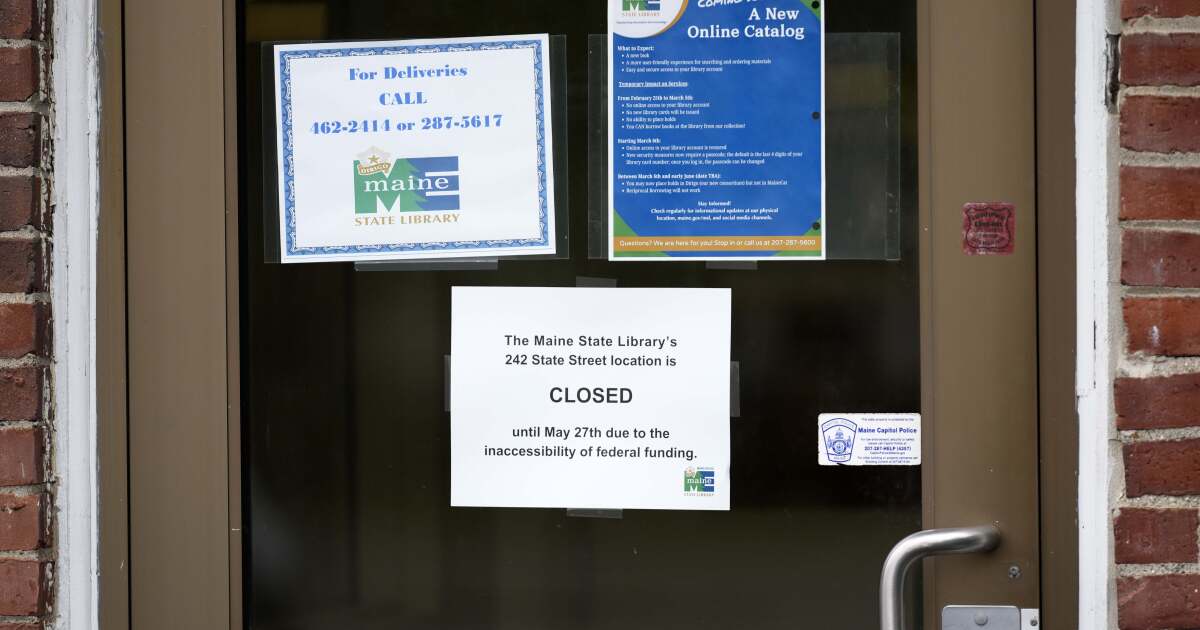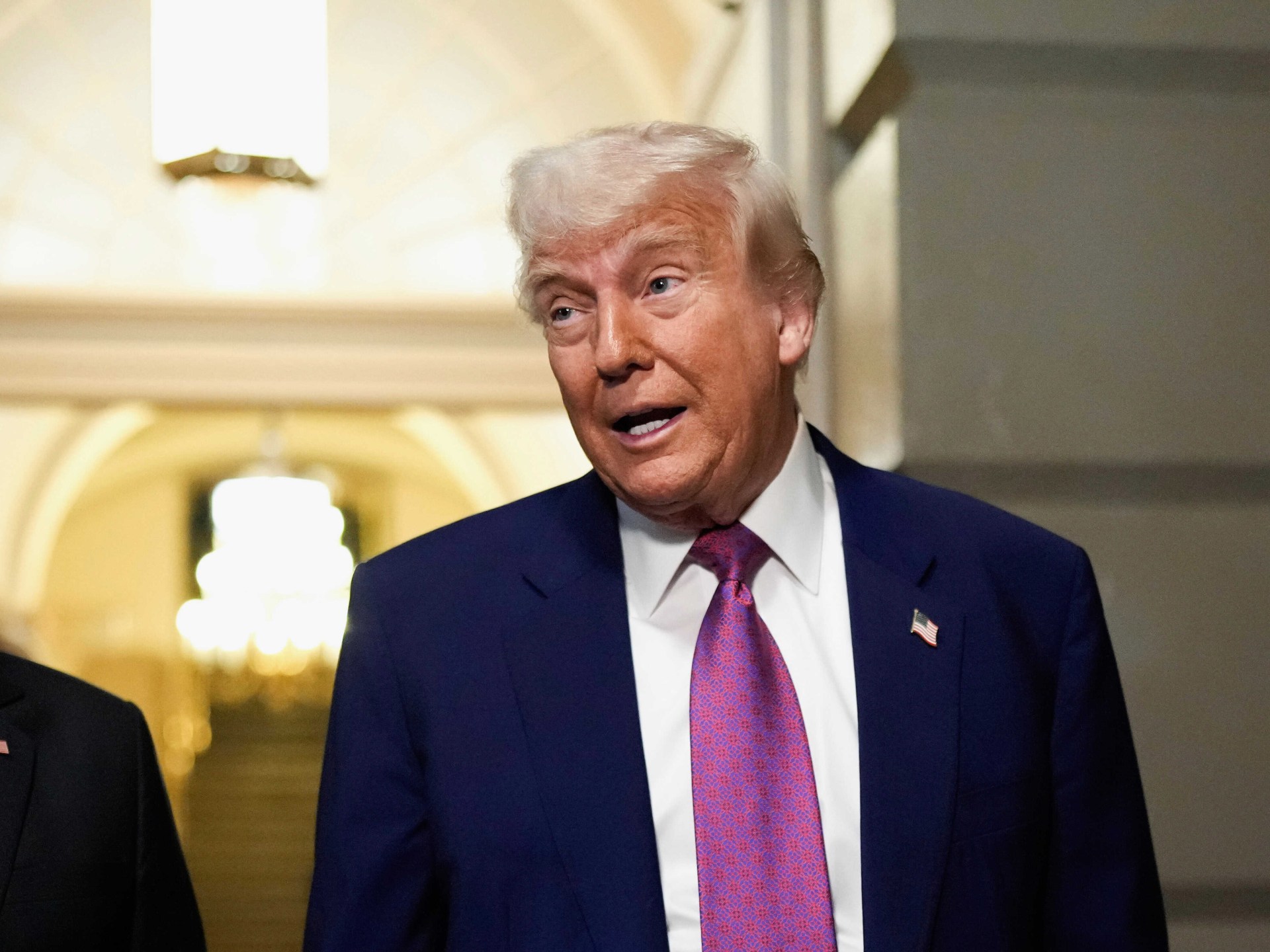US judge finds South Sudan-linked deportation flight violated court order | Donald Trump News
A federal judge in the United States has told the administration of President Donald Trump that an alleged effort to deport migrants to South Sudan was “unquestionably violative” of his court injunction.
The announcement from US District Judge Brian Murphy on Wednesday tees up yet another judicial battle for the Trump administration, which has faced repeated criticism that it is ignoring court orders.
Judge Murphy, who is based in Boston, Massachusetts, has yet to announce what he plans to do about the apparent violation. He left that question to another day.
But he indicated that the people on board Tuesday’s flight had not been given enough time to challenge their deportations, in violation of their right to due process — and also in violation of Murphy’s April 18 injunction.
Murphy had ruled that migrants facing removal to a third-party country besides their own had the right to a reasonable amount of time to challenge their deportations.
But the Trump administration has repeatedly dismissed claims that it refuses to abide by decisions unfavourable to its policies, instead blasting judges like Murphy as “activist”.
During Wednesday’s court hearing, a lawyer for Trump’s Justice Department, Elainis Perez, refused to confirm where the deportation flight had landed, saying that divulging the information raised “very serious operational and safety concerns”.
Separately, Immigration and Customs Enforcement (ICE) held a news conference addressing the issue and defending the deportation flight.
Acting ICE Director Todd Lyons said the people on board had been accused of murder, armed robbery, rape and sexual assault.
In the case of one migrant, Lyons said, “his country would not take him back.” He called such countries “recalcitrant”.
Tricia McLaughlin, a spokesperson for the Department of Homeland Security (DHS), also framed the removals as a “diplomatic and military security operation”.
Standing in front of photos representing eight migrants, she said they were deported alone for safety reasons and confirmed they remain in DHS custody, although they had indeed left the US.
“We cannot tell you what the final destination for these individuals will be,” she added, again citing security issues.
But she did address the possibility that they might currently be in South Sudan, as their lawyers indicated in court filings.
“I would caution you to make the assumption that their final destination is South Sudan,” she said, later clarifying that the flight may make multiple stops: “We’re confirming the fact that that’s not their final destination.”
In Tuesday’s court filings, lawyers for the migrants said their clients hail from Myanmar, Vietnam and other countries. They also explained that their clients speak little English but were provided no translator to understand their removal notices.
They allegedly were deported with less than 24 hours’ notice. On Tuesday morning, as one lawyer tried to locate her client, she said she was informed he had been removed to South Sudan, a country with a turbulent history and a record of human rights abuses.
Judge Murphy had previously ordered the migrants to be given at least 15 days to challenge their removals on the grounds that they could face dangers in the countries they were deported to.
In the wake of Tuesday’s flight, he has also ruled that the US government must keep the migrants in its custody and ensure their safety while hearings proceed.
McLaughlin, however, accused the “activist judge” of “trying to protect” the migrants, which she described as “some of the most barbaric, violent individuals”.
“While we are fully compliant with the law and court orders, it is absolutely absurd for a district judge to try to dictate the foreign policy and national security of the United States of America,” she said.
McLaughlin and the other officials also argued that the Trump administration was exercising its right to find “safe third countries” to remove these individuals to.
“No country on earth wanted to accept them because their crimes are so uniquely monstrous and barbaric,” she said.
“Thanks to the courageous work of the State Department and ICE and the president’s national security team, we found a nation that was willing to accept custody of these vicious illegal aliens.”
The Trump administration has been accused of amping up fears of criminality among immigration populations, as part of its justification for its “mass deportation” campaign.
Police in South Sudan have told The Associated Press news agency that no migrants from the US have arrived in the country so far. The New York Times has reported that the plane is believed to have landed in the East African country of Djibouti.

